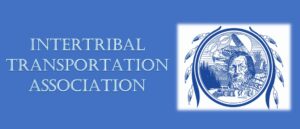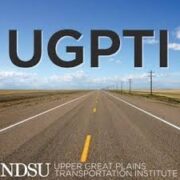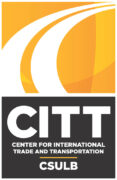Tribal governments have responsibilities for their transportation systems similar to those of state departments of transportation, and the responsibilities for tribal elected officials are also similar to federal and state legislative bodies. However, the context in which they operate is significally different. All too often, tribes do not have access to the equitable resource levels to fulfill those tasks. To address this issue, the Transportation Research Board (TRB) together with key tribal organizations are organizing a national tribal transportation peer exchange entititled: “Equitable Tribal Transportation Systems: Benchmarking Workforce Needs.”
National Research Sponsors


University Transportation Center Sponsors




Bringing together tribal government leaders and key stakeholders from Federal agencies, the summit will help identify and prioritize transportation program delivery challenges, including the core competencies and related training needed for Tribal governments to carry out their duties. The summit aims to identify topics for further research, including tangible strategies and specific policy recommendations to augment the capabilities of the Tribal transportation workforce, to support Tribal self-determination, and thus meet the emerging challenges of the current and future transportation landscape.
Outputs from the summit will also be used to develop strategies and recommendations that recognize the unique cultural, legal, political, geographical, and economic challenges of Tribes, thus providing more accurate and equitable assessments of tribal technical assistance and capacity needs. This summit will establish the foundation for a new generation of tribal leaders to more equitably participate in the nation’s transportation processes.
The summit will take place October 23-25 at Esri corporate headquarters in Redlands, California. Funding and programmatic support has been committed from the Upper Great Plains Transportation Institute (UGPTI) (https://www.ugpti.org/), the National Center for Sustainable Transportation (ncst.ucdavis.edu), Pacific Southwest University Transportation Center (metrans.org/psr_utc_about), Small Urban, Rural and Tribal Center on Mobility (https://www.ewu.edu/cahss/surtcom/), and Esri (esri.com). This effort is also supported by TRB’s Rural Transportation Issues Coordinating Council (A0040C) and Standing Committee on Workforce Development and Organizational Excellence (AJE15). Most significant is the support of several national and regional tribal organizations including the Intertribal Transportation Association, National Congress of American Indians, Alaska Tribal Transportation Working Group, and Tribal Transportation Program Coordinating Committee.


This National Tribal Transportation Summit is administered by the Center for International Trade and Transportation at California State University, Long Beach in partnership with the CSULB 49er Foundation
